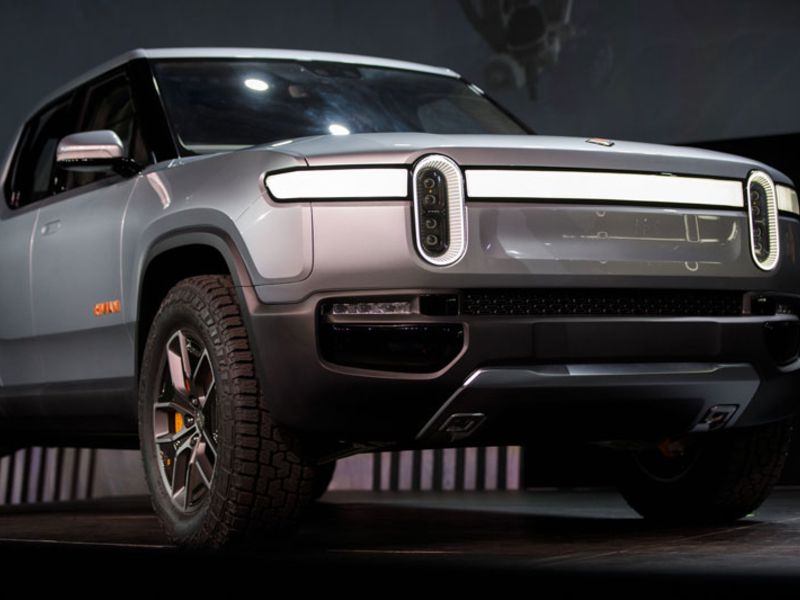
CHICAGO — Illinois car dealers sued electric truck maker Rivian in another salvo against upstart vehicle manufacturers’ direct-to-consumer sales model.
Two trade groups that are plaintiffs in the lawsuit filed Thursday in Cook County Circuit Court say they acted after the Illinois Secretary of State’s office “turned a blind eye” to their complaints over several years.
Amazon-backed Rivian, which plans production at a plant near Normal, Ill., had no immediate comment. The Irvine, Calif.-based company has promised that deliveries of its first pickup will begin in June.
Another defendant is Lucid Motors, a California-based electric-vehicle company.
The two companies are opening showrooms in Chicago and Oak Brook, Ill., according to the lawsuit, whose plaintiffs include the Illinois Automobile Dealers Association and the Chicago Automobile Trade Association.
Conflict between manufacturers and dealers has been brewing nationwide since the earliest days of Tesla Inc., which doesn’t sell its electric cars through independent dealers.
In Illinois, Tesla was granted a license to sell cars directly “from a small number of locations,” according to the plaintiffs, which agreed to a settlement “only if the Secretary of State vowed to strictly enforce the law going forward.”
Rivian’s plans
The lawsuit said the state on July 16, 2020, informed Rivian it would need a dealer’s license to open a showroom. “Rivian has not applied for, nor received, any license to sell new motor vehicles in Illinois,” the lawsuit said. The company plans a Fulton Market showroom at 932 W. Randolph St.
Lucid will open a showroom “studio” in Oak Brook during the second quarter, according to the lawsuit, which said the manufacturer is taking orders online without having applied for a dealer’s license here.
Lucid did not immediately return a message seeking comment.
The lawsuit said the trade groups agreed in 2019 with Tesla and the secretary of state’s office that the number of Tesla’s dealer licenses would be limited to 13.
Economic impact
The car dealers are couching their argument in part on the economic impact provided by 700 dealers operating 2,300 franchises and employing 42,000 people across the state.
Consumer groups, on the other hand, hold that retail vehicle prices are inflated by traditional sales structures, with dealers shielded from competition by state legislation. Provisions in Illinois include Sunday closings.
A spokesman said the secretary of state’s office is reviewing the lawsuit and then will discuss it with the state’s attorney general.
Last year, in a settlement with the state of Michigan, Tesla secured the right to sell cars directly to consumers, a development described as a potential tipping point in the automaker’s quest to extend the practice to other states.